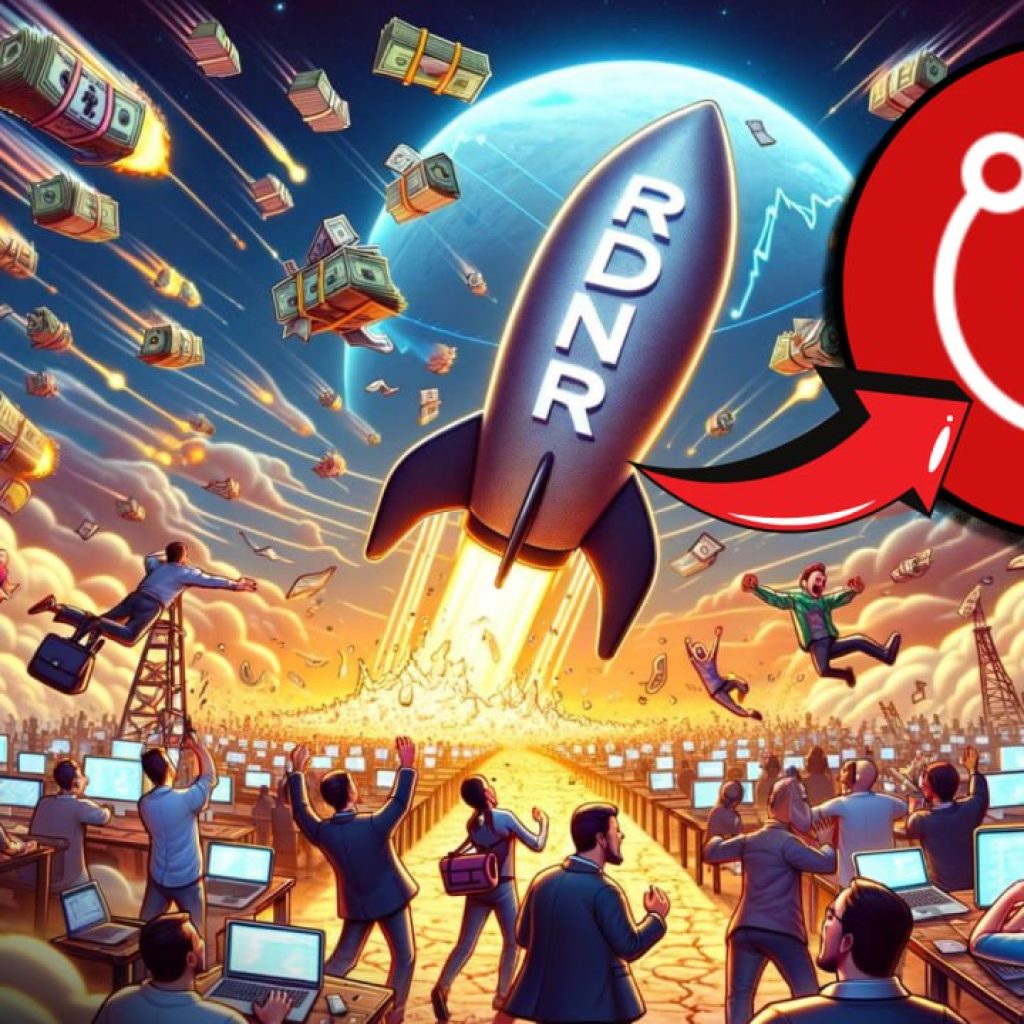GPU DePIN io.net, which is at the vanguard of the intersection between web3 and AI, has announced the strengthening of its strategic partnership with Nesa, the Layer-1 blockchain intent on bringing AI onchain. There’s significant crossover between the two projects, and the enhancing of their existing partnership will allow the duo to leverage their collective strengths to accelerate AI innovation.
Making AI Work at Scale
io.net’s decentralized platform provides on-demand GPU access for machine learning and AI startups and in the last 12 months it’s inked deals with major companies working on artificial intelligence to deliver the scalable compute they require. At the same time, io.net has worked with web3 projects to help them realize their goals, which often incorporate many of the same objectives as io.net.
Nesa’s Layer-1 blockchain provides decentralized infrastructure for AI applications, protocols, and smart contracts. It enables secure and private AI model execution using blockchain-based sequential deep neural network sharding (BSNS), which reduces inference costs. The platform is designed for scalability and privacy, supporting both CPU and GPU-based validators, and it’s here that Nesa has enjoyed success in collaborating with io.net.
io.net has been providing the GPU resources Nesa needs to help Nesa achieve its ambitious plans for running AI models. The extension of the partnership in place between the two will see io.net provide an additional 48x A100 GPUs. Nvidia’s A100 has become the industry’s favorite GPU for AI workloads. Powered by NVIDIA Ampere Architecture, it’s ideal for AI, data analytics, and HPC.
Powering Up AI
The AI industry is reliant on high-powered GPUs that are optimized for parallel processing, which is essential for training and running machine learning models. AI tasks such as deep learning and neural networks involve large-scale matrix calculations and data manipulations that GPUs handle more efficiently than CPUs. This is particularly important when working with vast datasets and complex algorithms.
GPUs provide the computational speed and power needed to accelerate training times, improve model performance, and support real-time AI applications like natural language processing, image recognition, and autonomous systems. In short, AI would be impossible without the processing power that only GPUs can deliver at scale. DePINs such as io.net have found product market fit by enabling AI startups to access GPUs on demand and at more competitive prices than those offered by cloud marketplaces such as Amazon and Google.
Commenting on io.net’s role in providing GPUs for its Layer-1 chain, Nesa CEO Patrick Colangelo said: “The support of io.net has been critical in scaling our AI inference capabilities. Their provision of GPUs has enabled us to push the boundaries of what’s possible in decentralized AI, and it is heartening to note the results we have been able to achieve in such a short time-frame. Needless to say, we are very excited about the future innovations this partnership will unlock.”
Nesa also promotes democratizing AI by ensuring accessibility and privacy through its advanced cryptographic and machine learning technologies. And with the GPUs in place to lead the next phase of its growth, it’s primed to prove that the future of AI is closely correlated with that of web3, whose decentralized networks provide the backbone for AI marketplaces to flourish.
Disclaimer: This article is provided for informational purposes only. It is not offered or intended to be used as legal, tax, investment, financial, or other advice.





